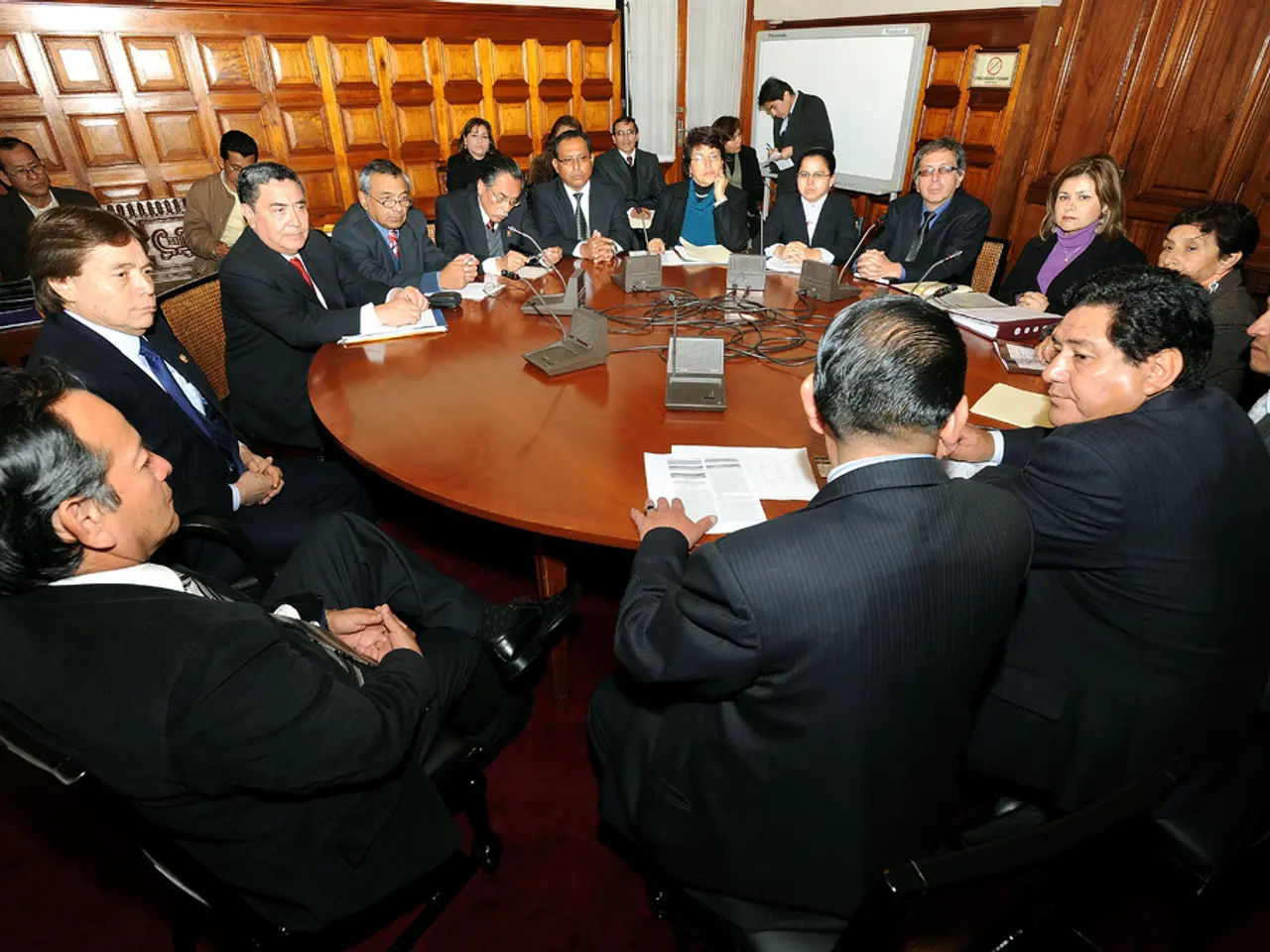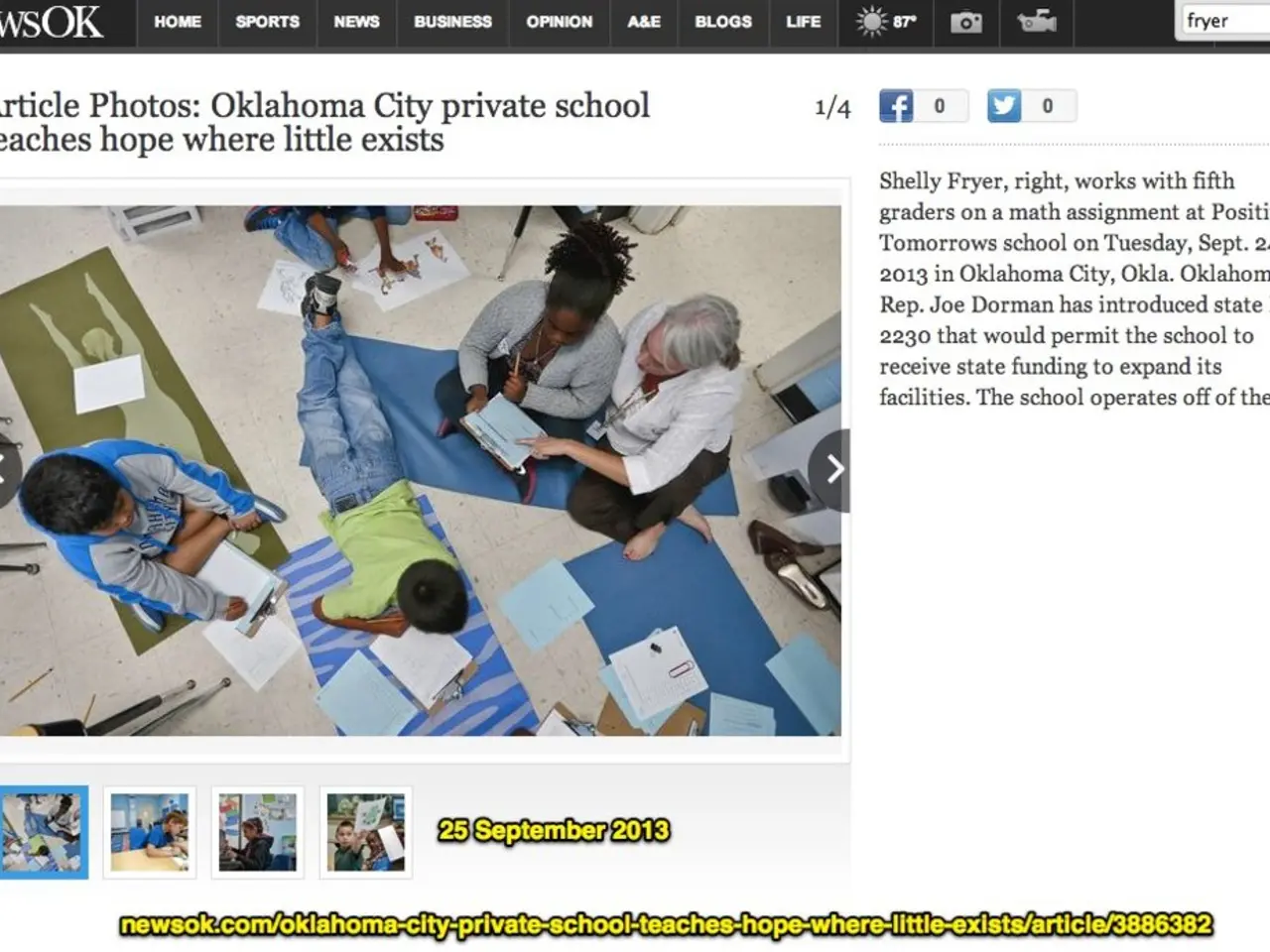United Nations Security Council convenes on the matter of Gaza, new gathering set for Sunday
The United Nations Security Council has rescheduled an emergency meeting regarding Israel's plans to occupy Gaza City. Originally scheduled for Saturday, the meeting has been moved to Sunday, 10 a.m. EDT, as announced by Panama's mission to the UN.
The decision to reschedule the meeting was made after careful consultations and considerations. The exact reasons for the rescheduling have not been disclosed, but it is inferred that Israel may have wanted to participate in the meeting, given that Saturday is the Jewish Sabbath.
The emergency meeting was called to address Israel’s controversial plan to take control of Gaza City, a move that has raised significant international concern over the potential humanitarian impact on civilians and hostages. The Security Council President for August 2025, Panama, emphasized the urgency of addressing the situation, highlighting the critical nature of the discussions during this period.
The request for the emergency meeting was made by several countries on the Security Council, including representatives from Palestine. The Palestinian Authority representative to the UN, Riyad Mansour, confirmed the request.
The crisis in Gaza continues to escalate, with ongoing military actions, displacement orders, and humanitarian challenges documented by UN agencies such as OCHA and the UN spokesperson’s briefings. These factors underscore the importance of the Security Council discussions during this period, although the specific reasons for the agenda timing changes remain unclear.
- The rescheduling of the United Nations Security Council's emergency meeting concerning war-and-conflicts, such as the ongoing crisis in Gaza, underwent careful politics-driven considerations, possibly due to Israel's Sabbath observance on Saturdays.
- The shift in the time of the Security Council's general news session, focused on Israel's plan to occupy Gaza City, may have been driven by the desire to allow Israel to participate, given the potential impact of their actions and the international concern they've raised.







